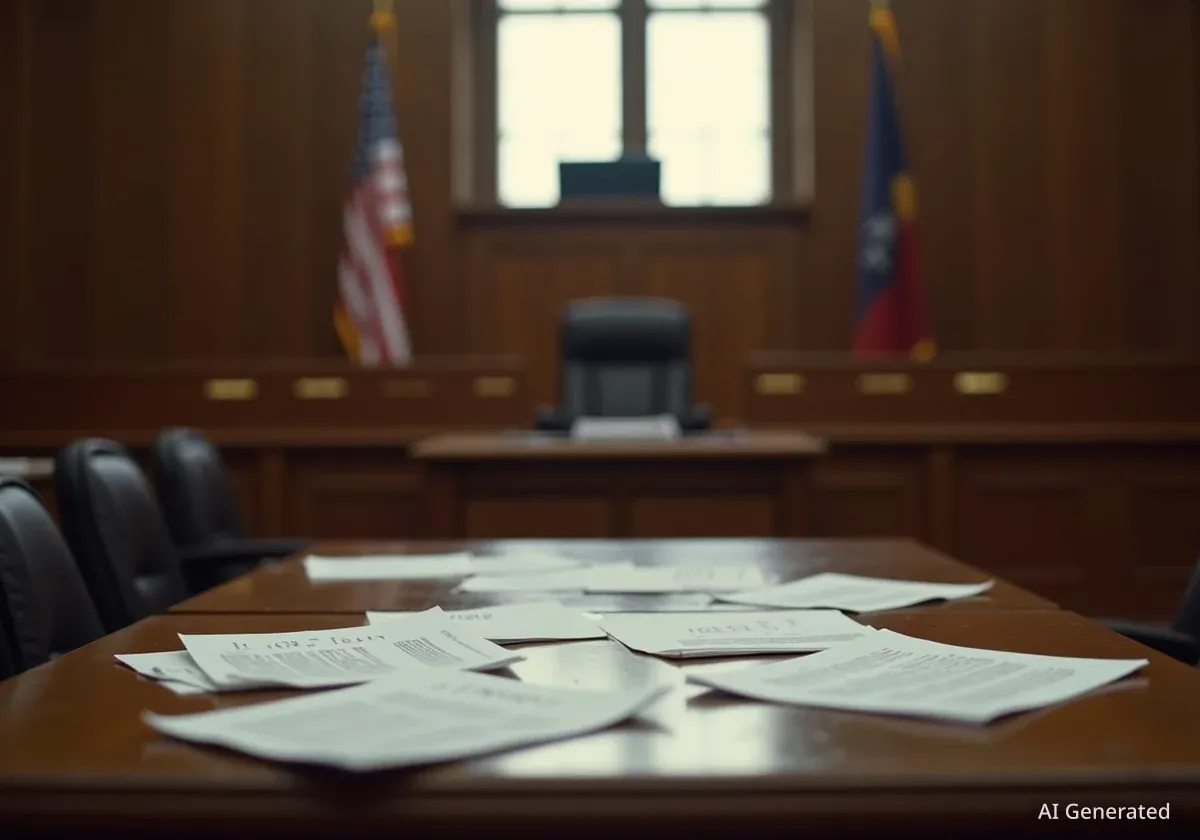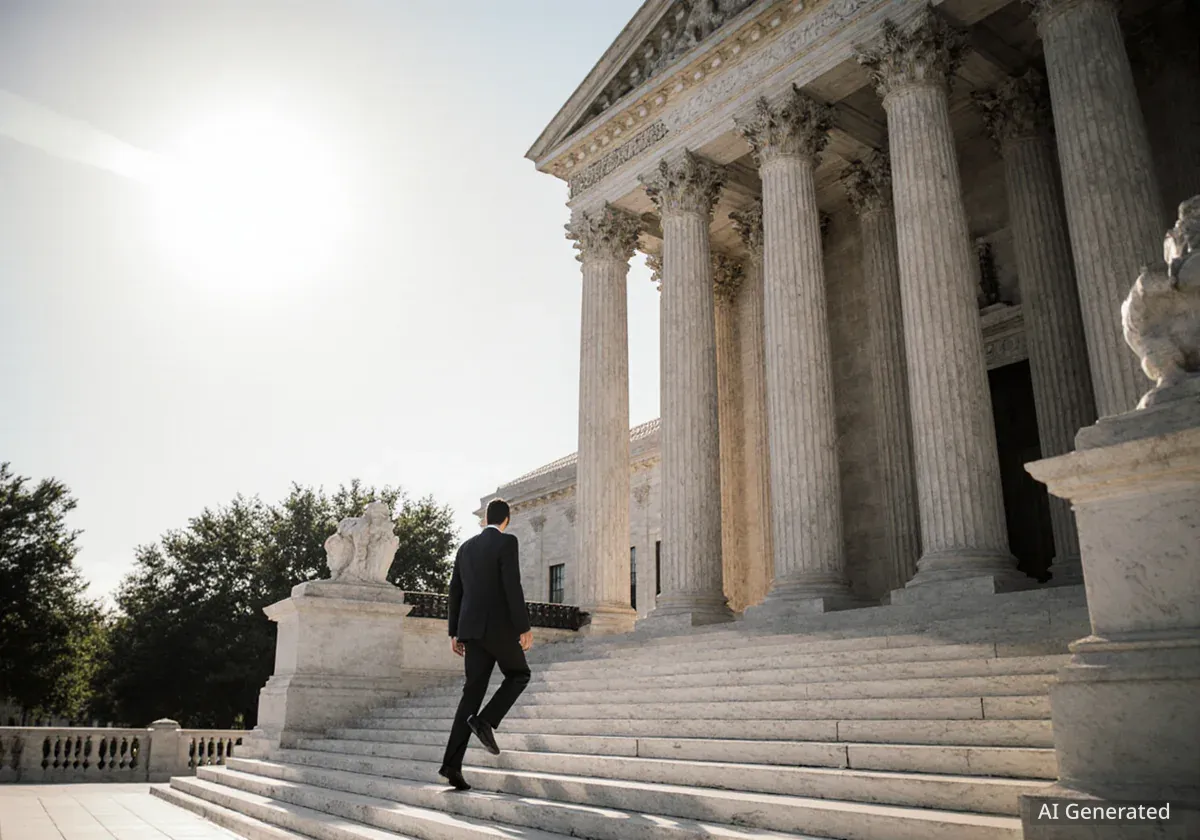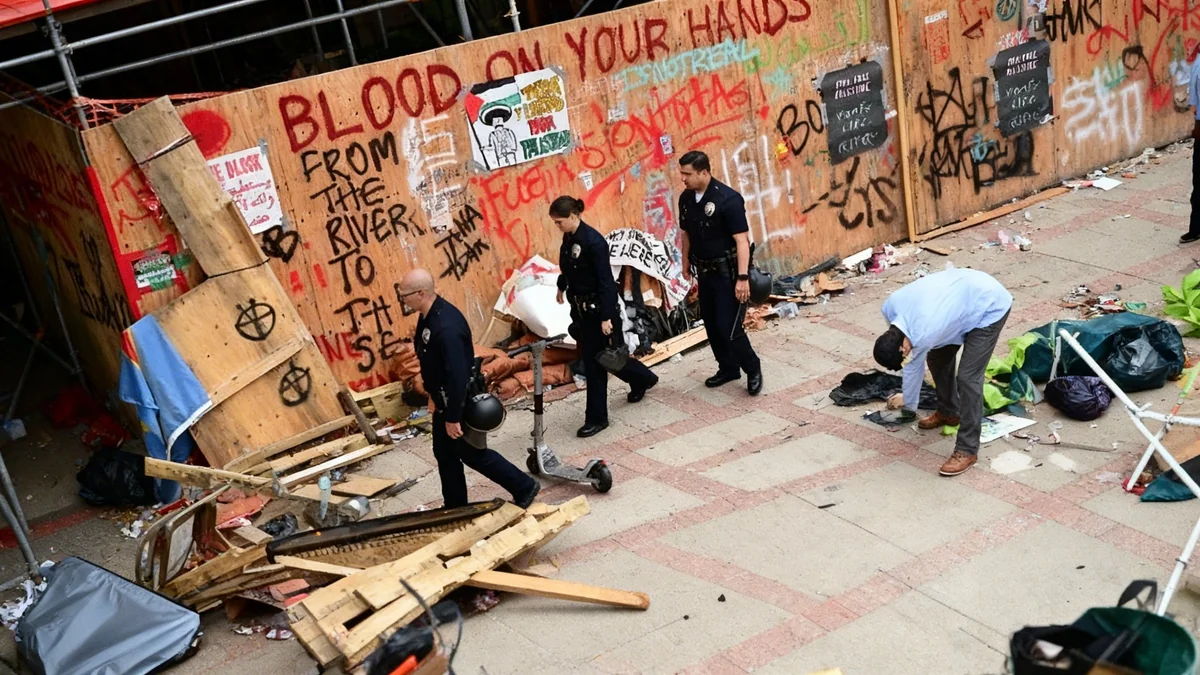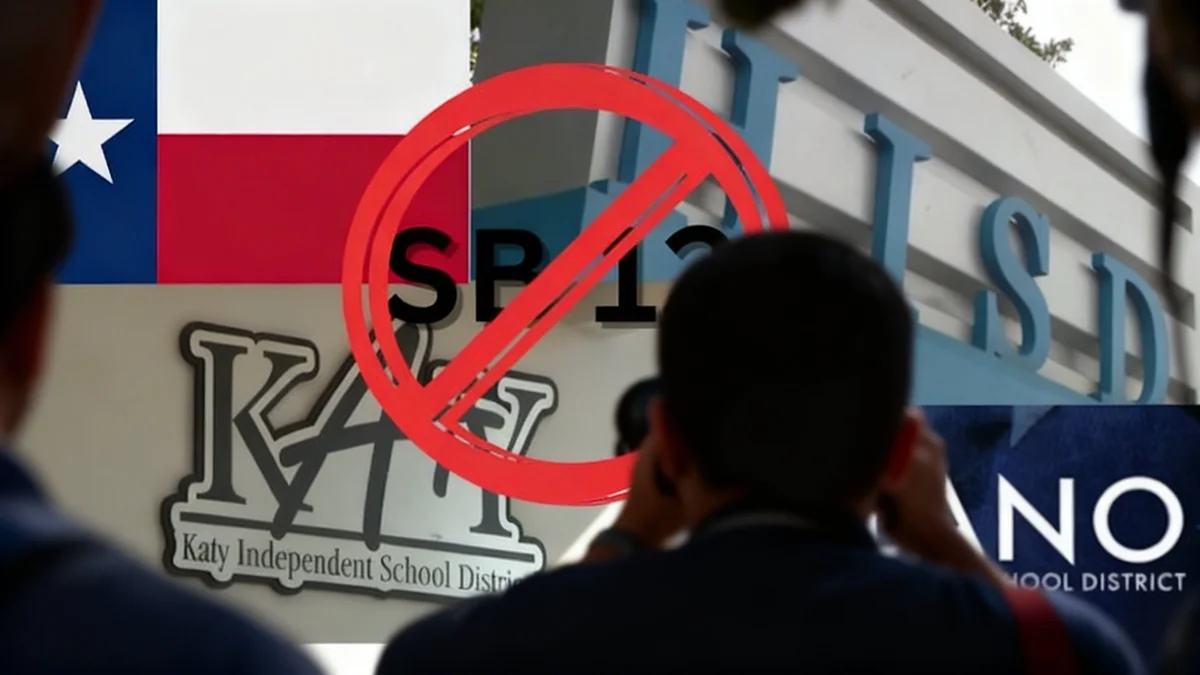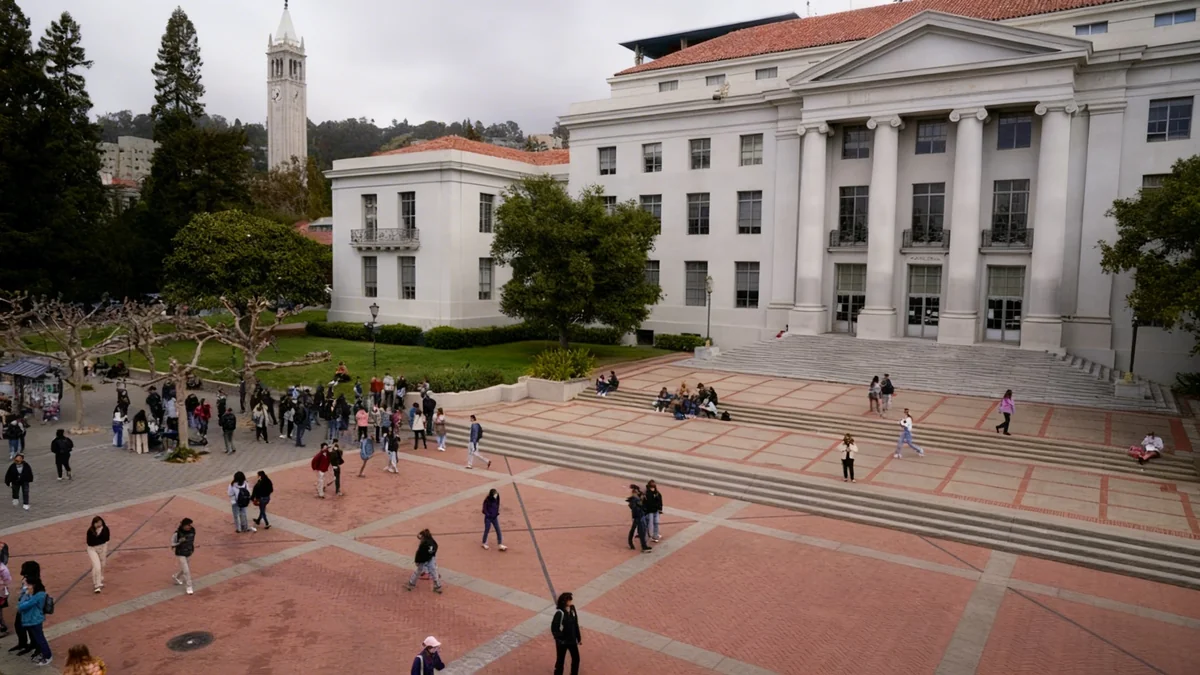The trial of former Monroe Comprehensive High School teacher Audrianna Cobb-Williams continued Thursday, with the defense cross-examining the lead investigator and jurors hearing initial police interviews with both the accused and the student. The proceedings focused on the thoroughness of the police investigation and the evolving statements made by the key parties involved.
Audrianna Cobb-Williams faces a single charge of first-degree sexual contact by an employee or agent. The second day of her trial brought intense scrutiny to the evidence-gathering process and highlighted conflicting narratives presented to the court.
Key Takeaways
- The lead investigator was cross-examined by the defense regarding uncollected surveillance footage from a potential meeting location.
- Initial police interview recordings of both Cobb-Williams and the student were played for the jury, revealing early denials and emotional responses.
- The student, identified as Maddox, faced continued questioning about financial transactions between himself and the former teacher.
- The court is proceeding on a single charge after a judge dismissed a second count against Cobb-Williams on the first day of the trial.
Investigator's Methods Under the Microscope
Defense attorneys for Audrianna Cobb-Williams focused their efforts on Thursday questioning the lead investigator in the case, Roderick Weaver. The cross-examination centered on potential evidence that was never collected during the initial investigation.
The defense presented photographs of a Marathon gas station, one of the locations where the alleged encounters took place. Attorneys pointed out multiple security cameras visible on the exterior of the building.
"At any point, did you execute a search warrant to get video surveillance from the Marathon?" the defense asked. Weaver responded, "No."
This line of questioning appeared designed to suggest that the investigation may have overlooked key evidence that could either corroborate or contradict the student's testimony. Weaver was asked to identify the cameras in the photographs, confirming their presence for the jury.
Exploring Investigative Procedures
The defense also questioned Weaver about his general procedures in similar cases. They inquired about the importance of collecting physical evidence, observing body language during interviews, and other standard investigative practices. This aimed to establish a benchmark against which the jury could measure the actions taken in this specific case.
Case Background
Audrianna Cobb-Williams was a teacher at Monroe Comprehensive High School in Dougherty County. She is accused of having an inappropriate relationship with a student, identified in court as Maddox. On Wednesday, the first day of the trial, a judge dismissed one of the two counts against her, citing a lack of legal basis. The trial now proceeds solely on the charge of first-degree sexual contact by an employee.
Contradictory Statements Revealed in Recordings
A significant portion of Thursday's session was dedicated to playing the initial police interviews with both Maddox and Cobb-Williams. These recordings provided the jury with a firsthand account of their earliest statements to law enforcement.
In his first interview, Maddox initially denied that any sexual contact had occurred with his teacher. However, as the interview progressed, he changed his story, eventually stating that they had engaged in sexual intercourse and oral sex at various locations.
The investigator was asked about the student's demeanor during this interview. According to Weaver, Maddox became concerned when he realized Cobb-Williams could face jail time.
"He was concerned about her going to jail. So he asked ‘Was she gonna go to jail?’ ... He didn’t like it. He didn’t want anything to happen," Weaver testified.
In her own recorded interview, Cobb-Williams acknowledged that she and the student had developed feelings for each other. She admitted to discussing sexual acts they wanted to do but maintained that they never physically acted on those conversations.
The Power of Initial Statements
In legal proceedings, initial statements made to investigators are often considered crucial. Juries are tasked with comparing these first accounts with later testimony to assess credibility and identify inconsistencies that may arise over time.
Financial Transactions Questioned
The student, Maddox, returned to the stand for about an hour on Thursday morning to continue his testimony from the previous day. The topic of financial exchanges between him and Cobb-Williams remained a central point of contention.
On Wednesday, the defense had presented a recording in which Maddox allegedly suggested the case could be dropped if Cobb-Williams paid him $1,000 per week, up to a total of $50,000.
On Thursday, the prosecution countered by presenting screenshots of Cash App transactions. The state showed evidence of small payments sent from Cobb-Williams to Maddox. When questioned about these, Maddox testified that he would repay the teacher after she sent him money, framing the transactions as loans rather than payments for silence or other purposes.
Trial Moves Forward on Single Count
With one of the two original charges dismissed, the prosecution's case now hinges entirely on proving the elements of first-degree sexual contact by an employee or agent. The jury must weigh the student's testimony, the defendant's recorded statements, and the evidence presented by the investigation.
The defense's focus on the un-retrieved surveillance footage and the student's changing story suggests a strategy aimed at creating reasonable doubt about the events that transpired. The trial is expected to continue as both sides present their full cases to the jury.
